|
|
|
|
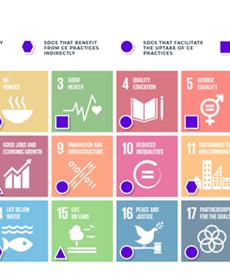 |
|
As it’s moved from the fringes of academia into the mainstream, the circular economy has been posited as a means to address ecological breakdown by cutting resource extraction and limiting warming to 1.5-degrees. Now, practitioners are also exploring how a circular economy with social and ethical concerns at its heart can create new jobs, ensure more equitable resource management and combat inequalities. ...more |
|
|
|
|
|
|
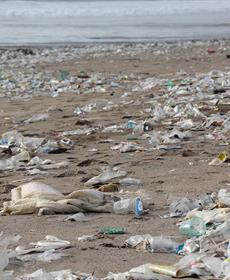 |
|
The world has a plastic problem. Since the 1950s, the rate of plastic production has grown exponentially and faster than that of any other material. This is a trend with severe environmental consequences. ...more |
|
|
|
|
|
|
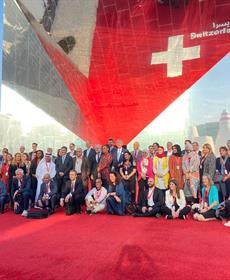 |
|
According to a Chinese proverb, ‘A journey of a thousand miles begins with a single step’.This certainly holds true for the Blue Peace Middle East (BPME) initiative which was launched in 2010 with the aim of transforming water from a potential source of conflict into an instrument of cooperation and peace. ...more |
|
|
|
|
|
|
 |
|
This Monday, 28 February, the world’s environment ministers will gather in Nairobi, Kenya, to resume the fifth UN Environment Assembly, which takes up the theme of ‘Strengthening Actions for Nature to Achieve the Sustainable Development Goals’ (SDGs). Ahead of the Conference, seven countries from Africa and South Asia have tabled a resolution on animal welfare, the environment, and the sustainable development nexus. ...more |
|
|
|
|
|
|
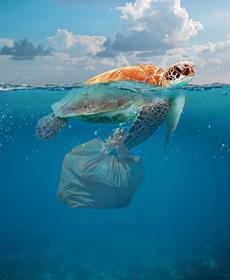 |
|
Plastic pollution doesn’t stop at borders. It’s everywhere: in the water we drink, the air we breathe, and even in the most remote parts of the planet. International policy measures must be taken to address the scope of the problem. Later this month, we have an opportunity to do just that. ...more |
|
|
|
|
|
|
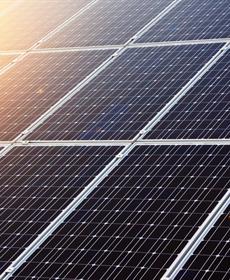 |
|
In the past decade, food security conditions have substantially deteriorated across conflict-affected countries in the Middle East. Wars have damaged key infrastructure that supports the agricultural sector, such as transportation, water, and sanitation. As a result of conflict, food prices have increased, incomes diminished, joblessness soared, and lack of equitable access to water and food intensified. ...more |
|
|
|
|
|
|
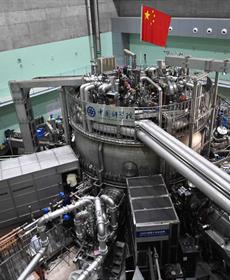 |
|
Superheated plasma reached 126 million degrees Fahrenheit for 17 minutes ...more |
|
|
|
|
|
|
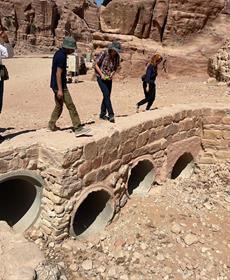 |
|
Petra, one of the Seven Wonders of the World, which has welcomed 1,135,300 visitors in 2019, is prone to witness more hydrological hazards, including flash floods, landslides, and earthquakes, due to climate change, urban expansion at the site’s neighboring areas, and its geological location near the Jordan rift valley. ...more |
|
|
|
|
|
|
 |
|
Arab Forum for Environment and Development (AFED) is closing its most challenging year, in a region overwhelmed by security and economic turmoil. Although we continue to believe that, after all sorts of conflicts and wars, people will still need to preserve and develop their natural capital that they need for survival, AFED is being stripped of minimum resources to execute its mission ...more |
|
|
|
|
|
|
 |
|
As part of its cover story about Waste trade, in the March-April 2016 issue, Al-Bia Wal-Tanmia magazine conducted this interview with Rolph Payet, executive secretary of the Basel Convention on the control of transboundary movements of hazardous wastes and their disposal. ...more |
|
|